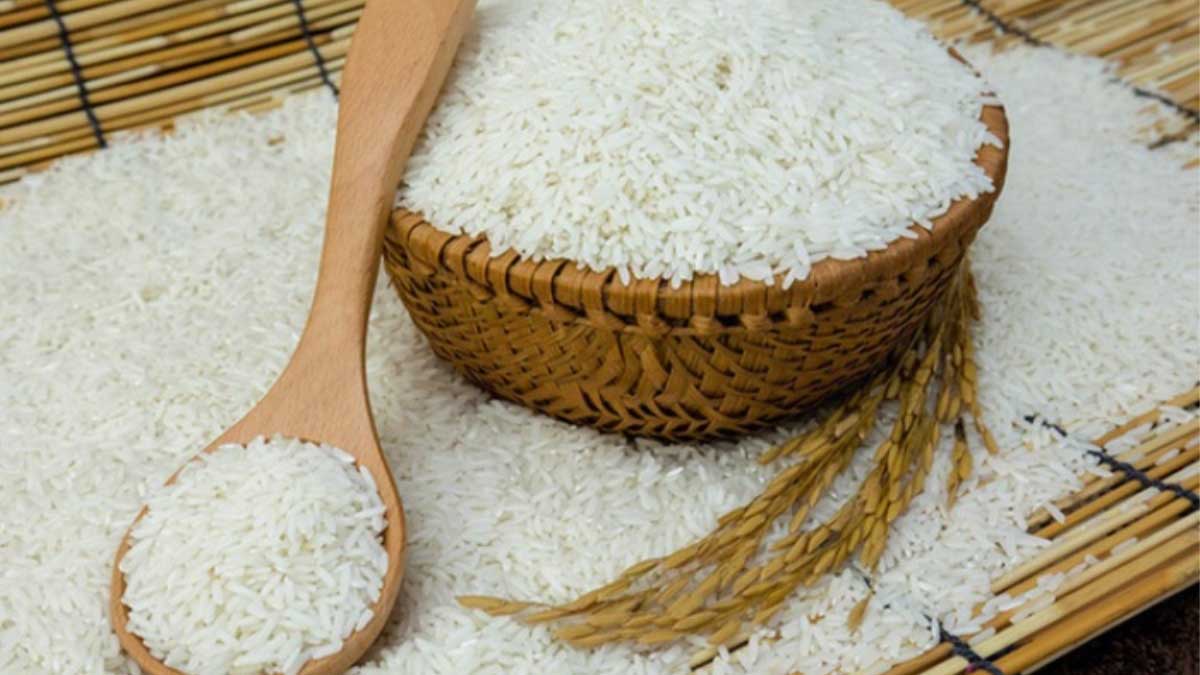Exporters from Pakistan and India have agreed to share ownership of the region’s prized Basmati rice, seems the finest solution to the issue to reach the EU markets.
The neighboring country, India filed a claim in the EU, sought a geographical indication tag for Basmati rice, a move opposed by neighboring Pakistan.
A geographical indication is a label applied to products with a specific geographical origin that has qualities or reputation essentially based on the natural and human factors of their origin.
Read more: Pakistan approves ten products for Geographical Indication
However, Pakistani and Indian exporters believe that joint ownership of Basmati is the only viable solution to the dispute. “There has to be joint ownership, which is a logical solution to the dispute,” Faizan Ali Ghouri, a Karachi-based rice exporter said.
Pakistan, India are joint owner of Basmati Rice
Pakistan and India have long been demanding to be the origins of Basmati rice, which is largely produced in both countries. The Punjab province is the main origin of Basmati rice.
“There is no logic in both countries’ claim for the sole exclusivity. Although its origin is Pakistani Punjab, it is grown in both sides of the border,” Ghouri said, adding: “Therefore, a joint ownership is the only viable solution to the long-standing dispute.”
He further added, “A joint ownership is in their (EU buyers) own interests for two reasons. First, demand for Basmati has been increasing over the past three years, and second, they want an alternative in case one country’s production is reduced.”
Ratifying Ghouri’s views, Ashok Sethi, director of Punjab Rice Millers Export Association in India, said the two neighbors should jointly protect the Basmati heritage.
“India and Pakistan are the only two countries, which produce Basmati in the world. Both countries should jointly work together to save heritage and protect the geographical indication regime of the rice,” he said.
“Hundreds of thousands of farmers (on both sides) are associated with the production of Basmati. We need to protect their businesses,” he maintained.





















